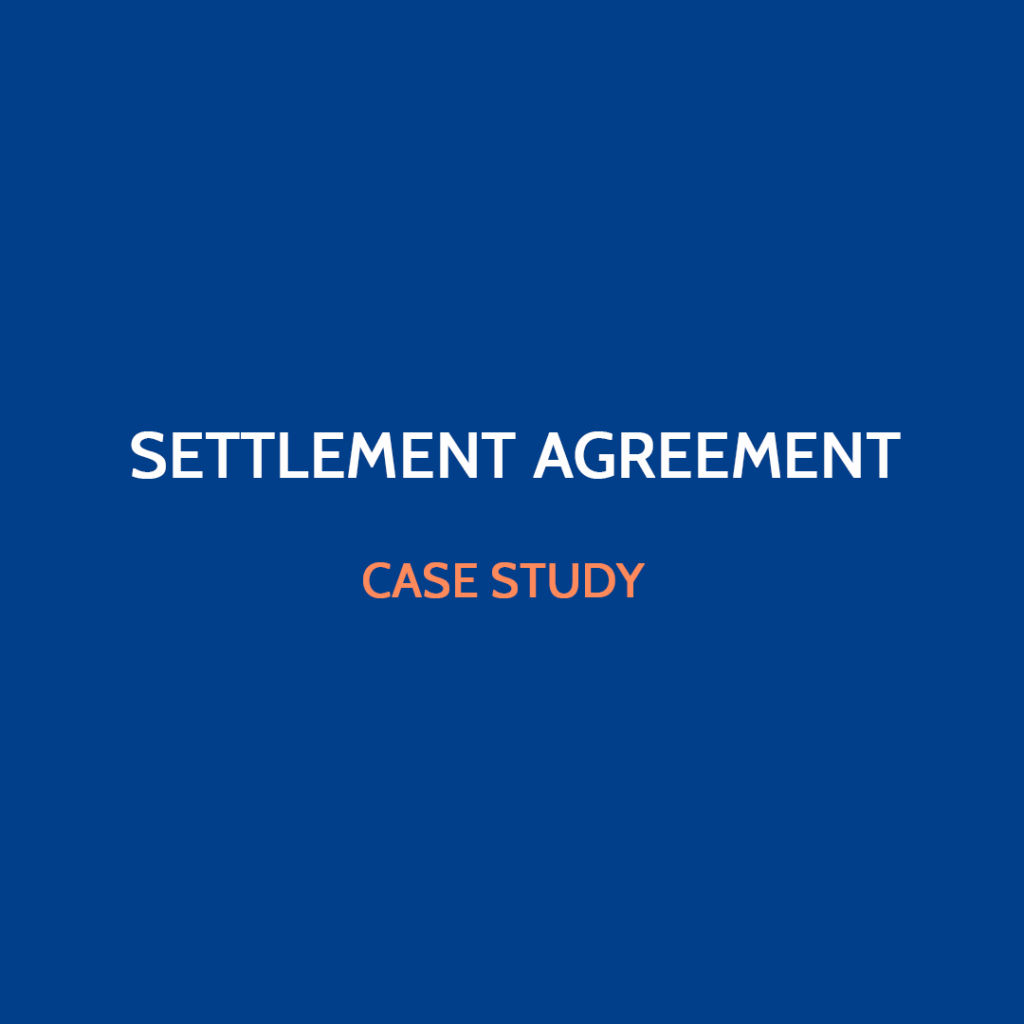We get a number of requests from individuals who want to protect information they consider valuable through a confidentiality agreement or a non-disclosure agreement (NDA) as it’s known in the United States. We often advise that there are certain requirements a person must follow if they want their confidentiality agreement (NDA) to be valid in England and Wales.
What is the law of confidentiality?
The law of confidentiality is considered to be the best way to protect trade secrets and valuable information where you cannot adequately protect them by any other means for e.g. via intellectual property rights, or where using other types of protection is not going to work for commercial reasons.
What are the requirements for a confidentiality agreement (NDA) to be valid?
It is important to know that you must not have disclosed the information you consider to be confidential to the public previously, or it should not be available in the public domain. It is understood in common law that for information to be classed as confidential, it must:
- have the necessary ‘quality’ of confidence
- be imparted in a ‘situation imposing an obligation of confidence’, which is what gives rise to a so-called ‘duty of confidence’
- be used in an unauthorised way to the detriment of the owner
You have to be sure that you meet the above criteria, if you wanted to use a confidentiality agreement, and we will only draft one if these conditions are met. You also need a schedule, which outlines the information. As always, you can call us to discuss this if you have a query.



